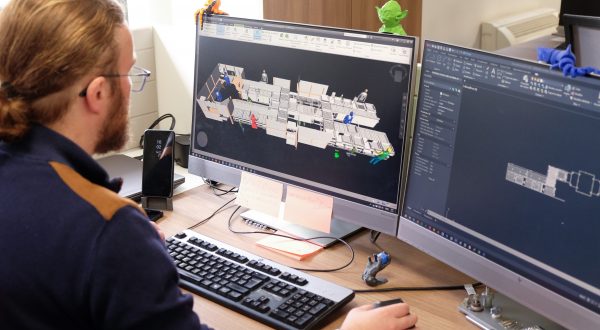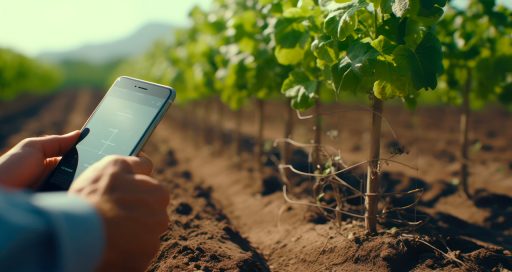In order to keep the sugar supply chain intact during the COVID-19 pandemic, the sugar industry has had to take steps to ensure business continuity. Actemium Vitry Agro stepped in quickly to support the industry, with new operating procedures in place.
![]()
In mid-March, the government called on the French sugar industry to maintain service continuity, with the message: “We’re counting on you. It is critical that the food chain keeps moving in order to support the effort of the national community.”
This meant that clients of Actemium Vitry Agro, a VINCI Energies business unit specialising in industrial processes based in the Marne department in eastern France, as key players in the sugar industry had to quickly set up a system to maintain production during lockdown.
“The only way in which projects can get going again is through solid teamwork within the company and careful coordination with the client.”
The first site supported by Actemium Vitry Agro in this initiative was a plant located in Bazancourt, some 20km to the north of Reims, which processes, among other things, 23,000 tonnes of sugar beet per day.
This unprecedented initiative was designed and rolled out in record time, with Actemium Vitry Agro teams returning to the site in just 48 hours in compliance with the hygiene and health measures required as a result of the epidemic.
The assignment, exceptional in the circumstances, involved rapidly solving a number of problems. “Before returning to the production site, we had to organise ourselves internally by forming teams of volunteers from among our technicians and ensuring their safety,” explains Thomas Greenhalgh, QSHE (quality, safety, health and environment) manager at Actemium Vitry Agro.
“We then set up a team (including a project manager, site manager, PA, business unit manager, buyer, supplier, etc.) to develop operating procedures and put together a prevention kit,” he adds.
Personal protective kits
By pooling supplies and equipment from the various entities (Agro, Marne Métal and Energie & Environnement) operating out of Actemium’s Vitry-le-François site, the company was able to quickly build an initial set of personal kits (gloves, helmet with visor, mask, hydroalcoholic gel, hand sanitiser, etc.) for the first three Agro technicians due to be mobilised on the Bazancourt site.
“Looking back, I had no idea how hard we would find it and how much effort it would take as a team to source these products,” says Greenhalgh, who had to call on pharmacist friends in Troyes and Châlons-en-Champagne to obtain enough hydroalcoholic gel.
“We also established rules to be followed: one vehicle per technician, individual meals to be eaten separately, regular cleaning of contact surfaces and floors, change of clothes, and so on.”
The second stage involved communicating with the client by video conference to ensure that the expected working conditions on site were in place. Thierry Evrot, manager of Actemium Vitry, worked in collaboration with the site managers to draw up the various arrival and departure processes for the technicians: minimal contact at guardhouse security, no overlap with other people on site, access to disinfected work stations and sanitary facilities, provision of hydroalcoholic gel on site, and assurance that client contacts would themselves wear masks during any interactions.
Reassurance and coordination
“The key to ensuring such procedures are properly applied is to start by reassuring the service teams and explaining the protection measures that have been introduced,” says Thierry Evrot. “The only way in which projects can get going again is through solid teamwork within the company and careful coordination with the client,” points out Thomas Greenhalgh.
Eight technicians and three project managers from Actemium Vitry Agro are now equipped and trained in these new operating procedures. At the start of April, they had already been deployed to four other industrial sites.
25/05/2020





